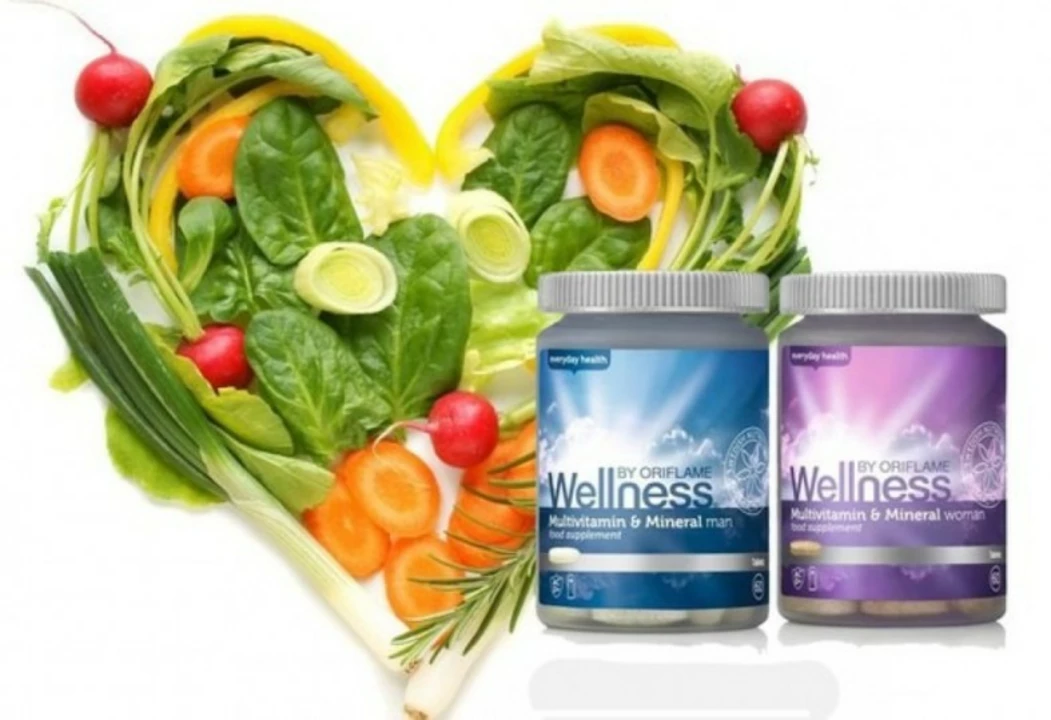Wellness: Practical guides for medications, supplements, and safe choices
More people try to manage meds and supplements on their own than you might think—and that can cause avoidable problems. This tag gathers clear, practical guides so you can make safer choices: how to buy meds online, what alternatives exist, and how to use supplements and essential oils without guesswork.
Buying medications online safely
If you buy medicines online, check a few basics first: does the site ask for a valid prescription, is there a real business address and phone number, and does the checkout use HTTPS? Avoid pharmacies that ship without prescriptions or that offer prices so low they seem suspicious. Look for third-party seals, clear refund and privacy policies, and recent customer reviews.
Track orders, confirm packaging and expiry dates when the meds arrive, and never mix up brands without checking with your prescriber. For drugs like Ceftin, Trileptal, or Avapro, a pharmacist or your doctor can confirm the right dose and brand. If a price sounds too good to be true, pause and check other verified pharmacies first.
Managing meds, alternatives, and when to talk to a doctor
Many articles in this tag compare drug alternatives—Lasix, Zithromax, Cialis, or esomeprazole alternatives—and explain pros and cons. Use those comparisons as a starting point, not a prescription. Don’t switch or stop medicines on your own. If you’re considering an alternative, bring the comparison to your clinician and discuss side effects, interactions, and monitoring needs.
For mental health or seizure meds like Zoloft or Depakote, expect gradual changes: doses are often adjusted slowly and side effects may appear early and fade later. For heart drugs like amiodarone or post-MI treatments, timing and monitoring matter—so follow up closely with your cardiologist.
Supplements, essential oils, and plant remedies—use them smart
Articles here cover things like tansy oil, cajeput oil supplements, and Stereospermum plant uses. Pick supplements from brands that publish third-party testing (USP, NSF) and follow labeled doses. For essential oils, always dilute, patch-test on skin, and avoid internal use unless supervised by a clinician who knows your medical history. Pregnant people, children, and people with complex health issues should be extra cautious.
Want to try a new supplement or oil? Start with the lowest practical dose, note any changes for two weeks, and stop if you see irritation, new symptoms, or allergic reactions.
If you want help finding an article, use the site search or check our tag list for topics like online pharmacy safety, drug alternatives, and practical how-tos. If you still have questions, use the contact page to reach out—our guides are here to help you ask the right questions of your pharmacist and doctor.
 29 May 2023
29 May 2023
Horsemint: The Secret Ingredient for Boosting Your Health and Wellness Journey
I recently came across horsemint, a secret ingredient that can significantly boost our health and wellness journey. Horsemint is a versatile herb with numerous medicinal properties, such as aiding digestion, relieving respiratory issues, and even combating fungal infections. Not only does it have a refreshing aroma, but adding it to our daily routine can provide a gentle energy boost and increase focus. I've personally started using horsemint in my teas and essential oil blends and have noticed an improvement in my overall well-being. I encourage you all to give horsemint a try and experience its incredible benefits for yourself!
Latest Posts
-

Zoloft: The Real-World Guide to Benefits, Side Effects, and Success
-

Fiber for GI Health: Soluble vs. Insoluble Choices
-

Socialization in Infancy: Why It Matters and How to Build Early Relationships
-

Calcium Carbonate vs Alternatives: Which Calcium Supplement Wins?
-

Pancreatitis: Understanding Acute vs. Chronic and the Role of Nutrition in Recovery

6